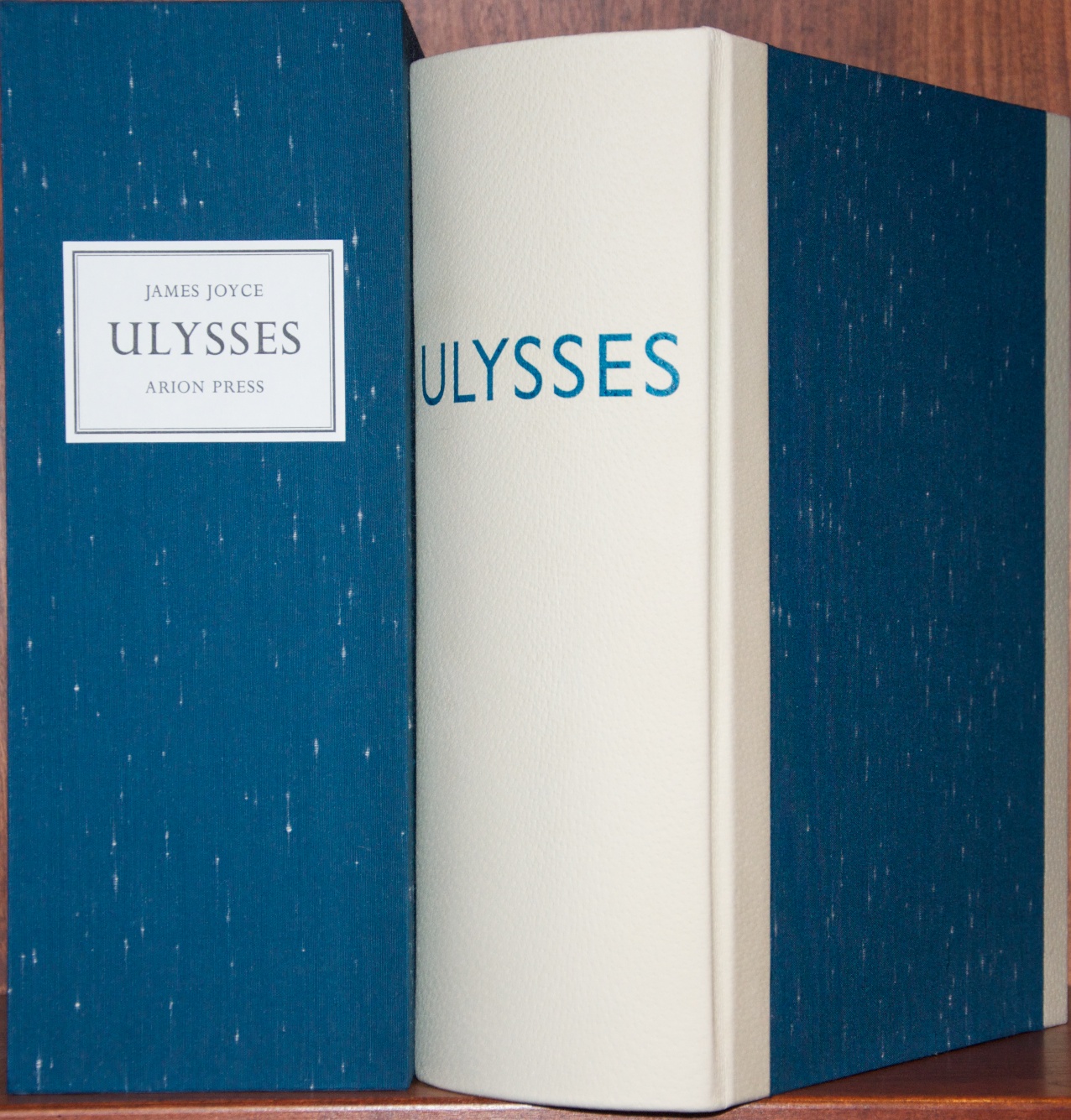


It doesn’t work through linear, or even non-linear, progression, but through a repetition and layering of theme. This is appropriate, in its way, since this is exactly the world in which Ulysses is set: a world of quirks, bores, longueurs, curiosities, and perversions-and it is the recurrent synthesis of all these things that push the novel forward in the absence of dramatic movement. More than any other novel, Ulysses has become our obscure object of desire, the eminent fetish of our literary culture. One wishes to be seen reading it in public, and completing it is considered a badge of honor. People feature the book on their shelves, its spine pristine, like an action figure unopened. It is a book that-despite being frequently listed as the “ greatest” novel of the 20th century-few have actually read.

It has been endlessly finessed and deconstructed, yielding piles of scholastic matter, commentary, analyses. Like Marx’s Kapital, Joyce’s door-stopping opus has kept academics well fed and reliably employed for generations it has kept grad students busy and ambitious readers cringing under its weight. Ulysses, whose publication centenary will be observed on February 2nd, is one such book. Few novels become institutions, to have departments rigged up around them, whole constituencies and spheres of scholarship, as works of lifelong study, fascination and confusion.


 0 kommentar(er)
0 kommentar(er)
